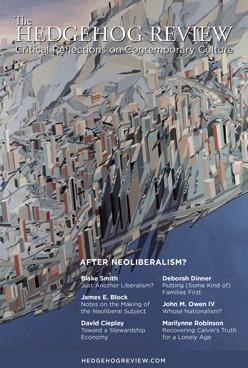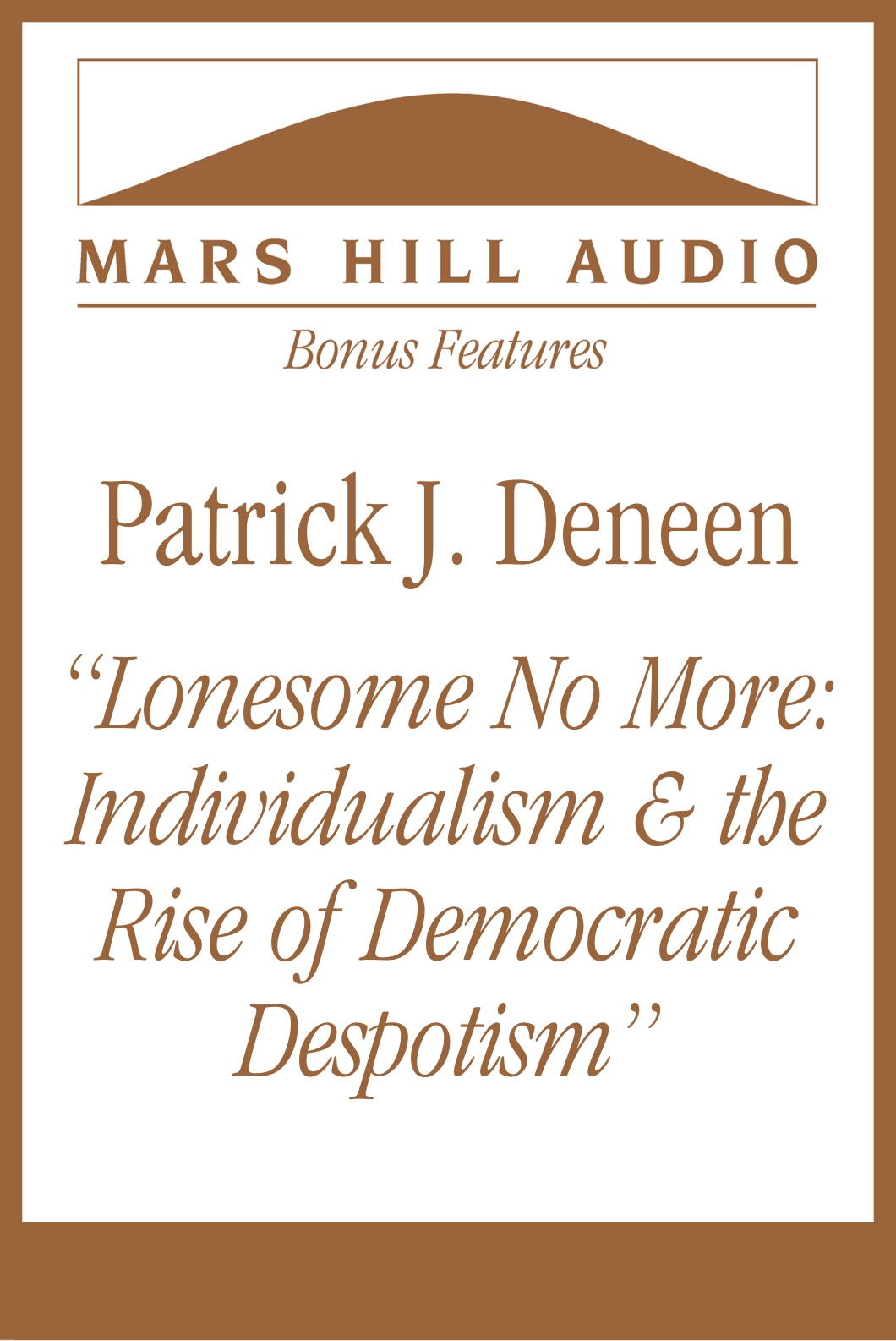
The Hedgehog Review offers critical reflections on contemporary culture: how we shape it, and how it shapes us.
Published three times a year by the Institute for Advanced Studies in Culture, the journal draws on the best scholarship and thought from the humanities and social sciences to craft an interdisciplinary approach that explores and illuminates the puzzles, vexations, and dilemmas that characterize the modern predicament.
In print and on its online platform, THR Web Features, The Hedgehog Review advances ideas rather than ideologies. At the same time, the journal recognizes that questions of value are inescapably present in the effort to understand our world. If the modern age is characterized by dehumanization and alienation, the best scholarship can help us identify the sources of our malaise—and possibly suggest ways to address it.
Since 1999, The Hedgehog Review has proposed one theme and invited major thinkers from various disciplines to address such topics as the idea of hope, political mythologies, authenticity, celebrity culture, work and dignity, science and the moral life, the current crisis of attention, the precarious state of the American Dream, and the ways we think about poverty. Over the years, the journal has received numerous accolades: inclusion in The Best American Essays 2022; awards from the Council of Editors of Learned Journals (Best Public Intellectual Special Edition, 2022, 2018 and 2012, and Best New Journal, 2000); finalist for a 2019 Pushcart Prize Award (two essays); and finalist for a 2017 National Magazine Award. In addition to its incisive single-topic essays, each issue features brief commentaries, book reviews, photo essays, and original art. Combine all of this with a commitment to lively, jargon-free writing, and you have the formula that has made The Hedgehog Review indispensable reading for a discerning community of readers.
The current volume: After Neoliberalism?
SELECT CONTENTS:
Blake Smith
“Just Another Liberalism?”
Marilynne Robinson
“The Sum of Our Wisdom”
James E. Block
“Captives of Desire”


